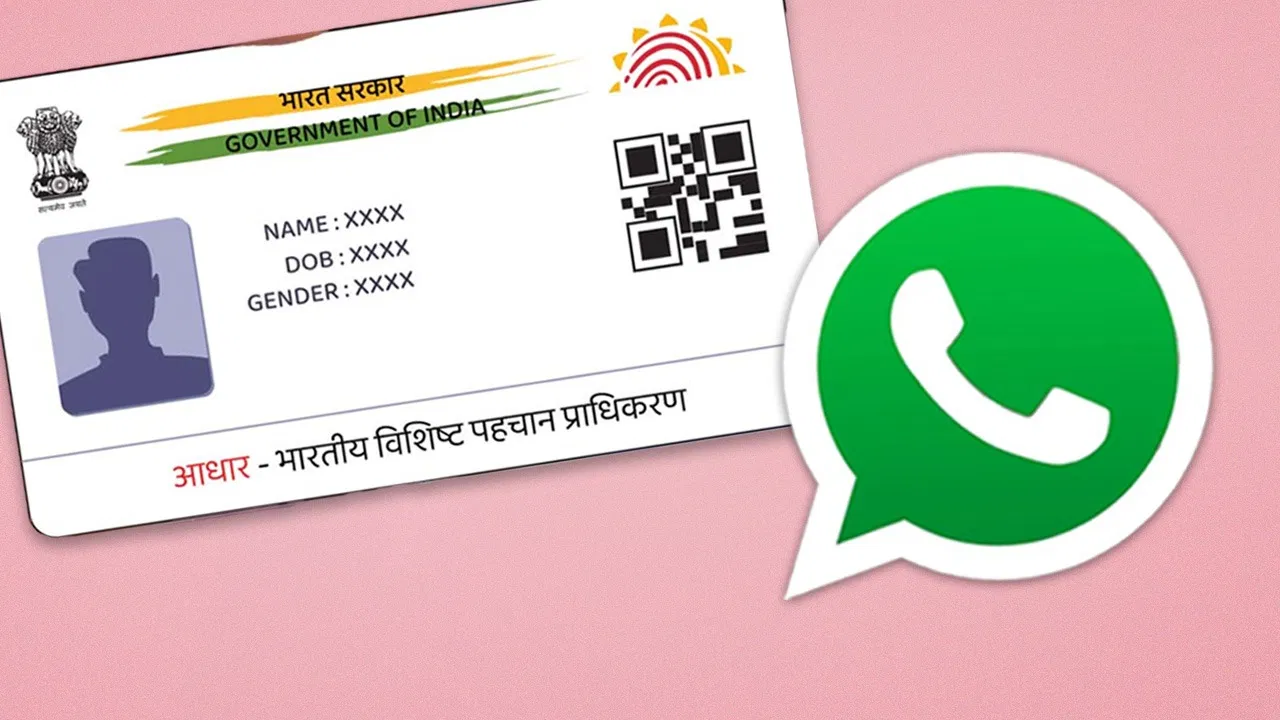Introduction: A Glimpse Into Mumbai’s Beating Heart
If Mumbai is the city that never sleeps, the Mumbai Dabbawalas are the fuel that keeps it running at full speed. Every working day, a group of incredibly organized, determined, and almost superhuman individuals deliver over 200,000 lunchboxes across the city. No apps, no GPS, no AI — just raw discipline, color codes, and sheer hustle.
Sounds like a miracle, right? Well, it kind of is. Let’s dive into the incredible world of the Mumbai Dabbawalas, where simplicity meets flawless execution.
Who Exactly Are the Mumbai Dabbawalas?
At first glance, they may seem like regular delivery workers in white Gandhi caps, cycling through the chaotic traffic of Mumbai. But don’t be fooled — these are the ninjas of food logistics, known for their clockwork precision.
The word ‘Dabbawala’ literally translates to "one who carries a box." In this case, a dabba is a tiffin box — usually filled with warm, home-cooked food. And the Dabbawalas? They’re the people who pick it up from homes and deliver it straight to the customer’s desk — on time, every time.
They’ve been doing this since 1890, and they’ve turned a humble service into an internationally admired logistics marvel.
How Did It All Begin?
The Dabbawala story started when a Parsi banker wanted his home-cooked lunch delivered to work. He hired a man to do it. Soon, others joined in. What began as a personal errand turned into a full-fledged operation.
By the early 20th century, the service had exploded, and a cooperative organization was formed. Today, there are about 5,000+ Dabbawalas working together like a well-oiled machine.
How Does Their System Work (Without Tech!)?
Now, here's where the magic happens — and trust me, it’s genius.
Pickup Phase: A Dabbawala collects the lunchbox from your home in the morning.
Sorting Phase: Lunchboxes are brought to a local sorting station, grouped by destination.
Transit Phase: They're loaded onto local trains and transported to different parts of the city.
Delivery Phase: Another Dabbawala picks it up and delivers it to the office.
Return Phase: After lunch, the same tiffin box is picked up again and returned home by evening.
No tracking number. No real-time location. Just a color-coded system and muscle memory.
The Secret Sauce: Color Codes & Symbols
Instead of barcodes or QR scanners, they use painted symbols, alphabets, and numbers. These markings represent:
The area where the dabba comes from
The destination station
The office building
The floor number
It’s almost like a code language only Dabbawalas understand — and it works like a charm.
Why the World Is Obsessed With Them
You might be wondering, “How do they never mess up?” Great question.
The Mumbai Dabbawala service has been awarded a Six Sigma rating by Forbes — meaning they make less than one mistake in 6 million deliveries. That’s a higher success rate than Amazon or FedEx!
And guess what? Most of them are semi-literate or come from rural backgrounds. They didn’t study logistics. They simply perfected it.
Daily Numbers That’ll Blow Your Mind
200,000+ dabbas delivered daily
5,000+ Dabbawalas on duty
Work spans 60-70 km daily using trains, bicycles, and on foot
Monthly charge per customer: around ₹500–₹1,500
Zero paper, zero tech
Still wondering how your Swiggy or Zomato order gets delayed? Yeah.
A Day in the Life of a Dabbawala
Let’s walk in their shoes for a day:
5:30 AM: Wake up, get ready
7:00 AM: Collect dabbas from homes
9:00 AM: Reach sorting hub
10:00 AM: Board local trains
12:00 PM: Deliver all tiffins before lunch
2:00 PM: Start collecting empty dabbas
4:00–5:00 PM: Return them home
6:00 PM: Head back and rest
And they do it six days a week, rain or shine, monsoon or summer.
The Business Model: Simple Yet Solid
Mumbai Dabbawalas follow a cooperative model. Each Dabbawala is essentially an equal partner in the organization. There's no boss, but they do have a president and a structured hierarchy.
They usually earn between ₹10,000–₹15,000 per month — not a lot, but their respect in society is huge.
Every rupee earned is shared equally. It’s not capitalism. It’s not socialism. It’s humanism.
When the World Took Notice
The Dabbawalas aren’t just famous in India — they’ve been globally recognized.
Prince Charles met them and invited them to his wedding
Harvard Business School wrote a case study on them
They’ve spoken at TED Talks, business summits, and even tech events
Their system has even been compared to blockchain — decentralized, transparent, and tamper-proof.
Challenges in the Modern Era
Of course, times are changing. With more corporate canteens and food delivery apps, the Dabbawala network is slowly seeing a dip in numbers.
The pandemic hit them hard, but they bounced back. Still, younger generations aren’t joining the profession as actively as before.
That said, some of them are now collaborating with tech startups to evolve and survive.
.jpg)
Lessons We Can Learn From the Dabbawalas
Let’s be honest — these men are more than just delivery workers. They’re life coaches in disguise.
Discipline: No matter what, they’re always on time.
Teamwork: The whole chain breaks if one person slacks — and that never happens.
Customer care: Each box is handled like it’s for their own family.
Simplicity: You don’t need fancy tools to succeed. You need purpose and process.
In a world obsessed with innovation, they’re proof that excellence is about execution, not complexity.
Fun Facts You’ll Love
They were featured in the Bollywood film "The Lunchbox"
Each Dabbawala walks or cycles an average of 20 km daily
They’ve delivered food during train strikes, floods, and even terror attacks
They have no retirement age
Conclusion: The Soul of Mumbai on Two Wheels
In the grand chaos of Mumbai, where everything is moving a mile a minute, the Dabbawalas are a calming presence — reliable, invisible, yet indispensable.
Their story isn’t just about food. It’s about values, passion, and a kind of grit we rarely see today. They're not riding trends or chasing likes — they’re living proof that integrity and service never go out of style.
Read More: Karnataka 2nd PUC Result 2025: Everything You Need to Know About Today’s Big Announcement!
Afterthoughts: A Salute to Simplicity
As the world moves toward faster tech, smarter devices, and AI-powered everything, the Mumbai Dabbawalas stand tall — reminding us that sometimes, humans still do it better.
Next time you're in Mumbai and spot a man in a white cap balancing a stack of tiffins, give him a nod. You’re looking at a legend.
Explore other popular Posts:
Blog | News | Entertainment | Education | Sports |
Technology | Cryptocurrency | Stock | Home | Sitemap





